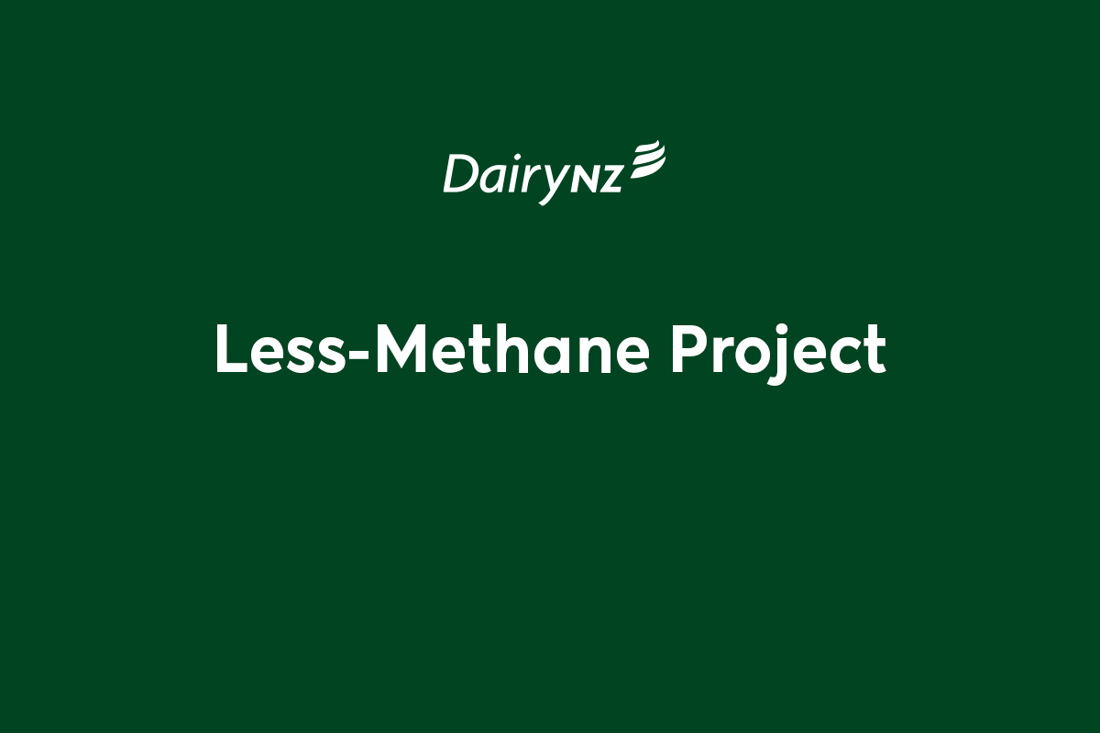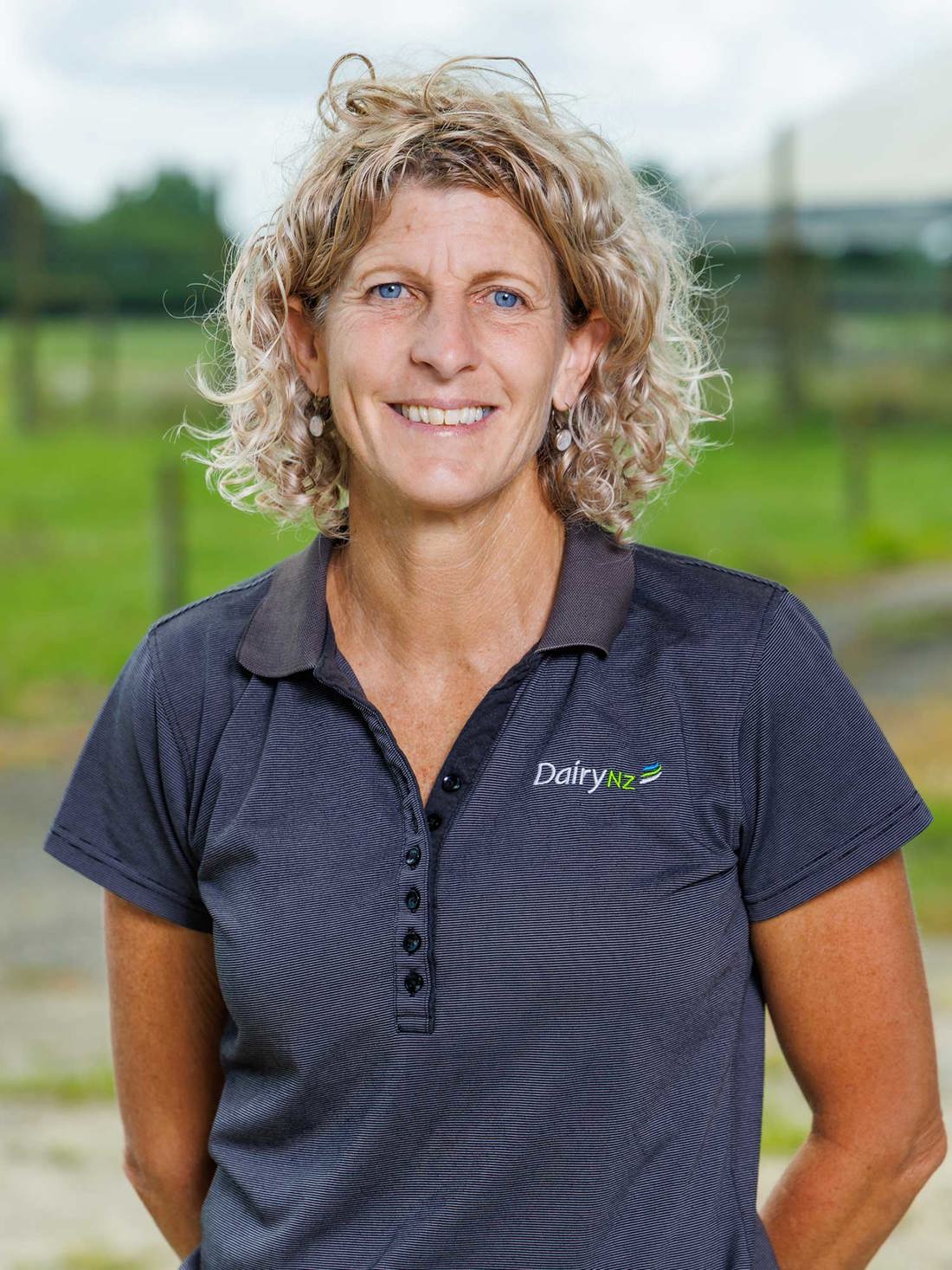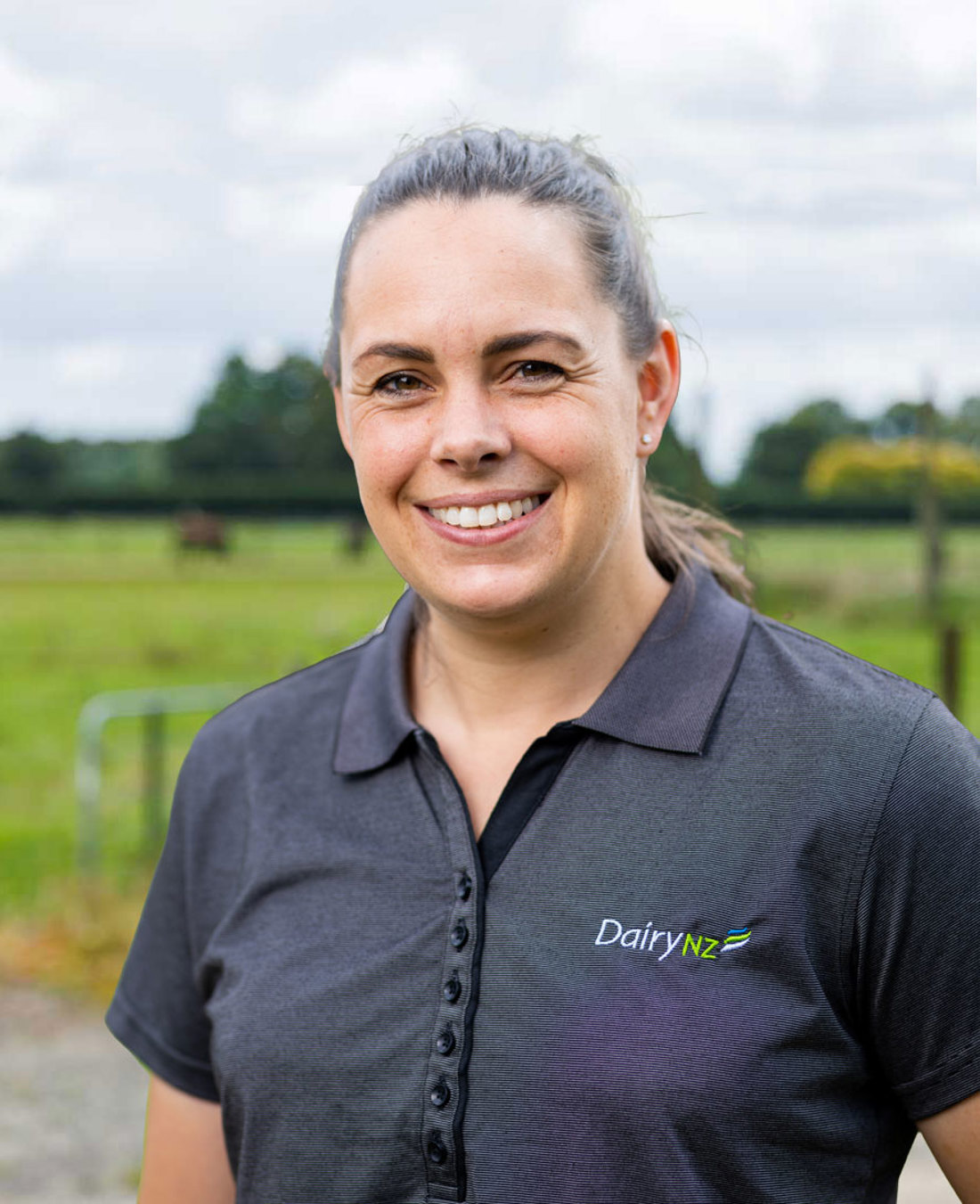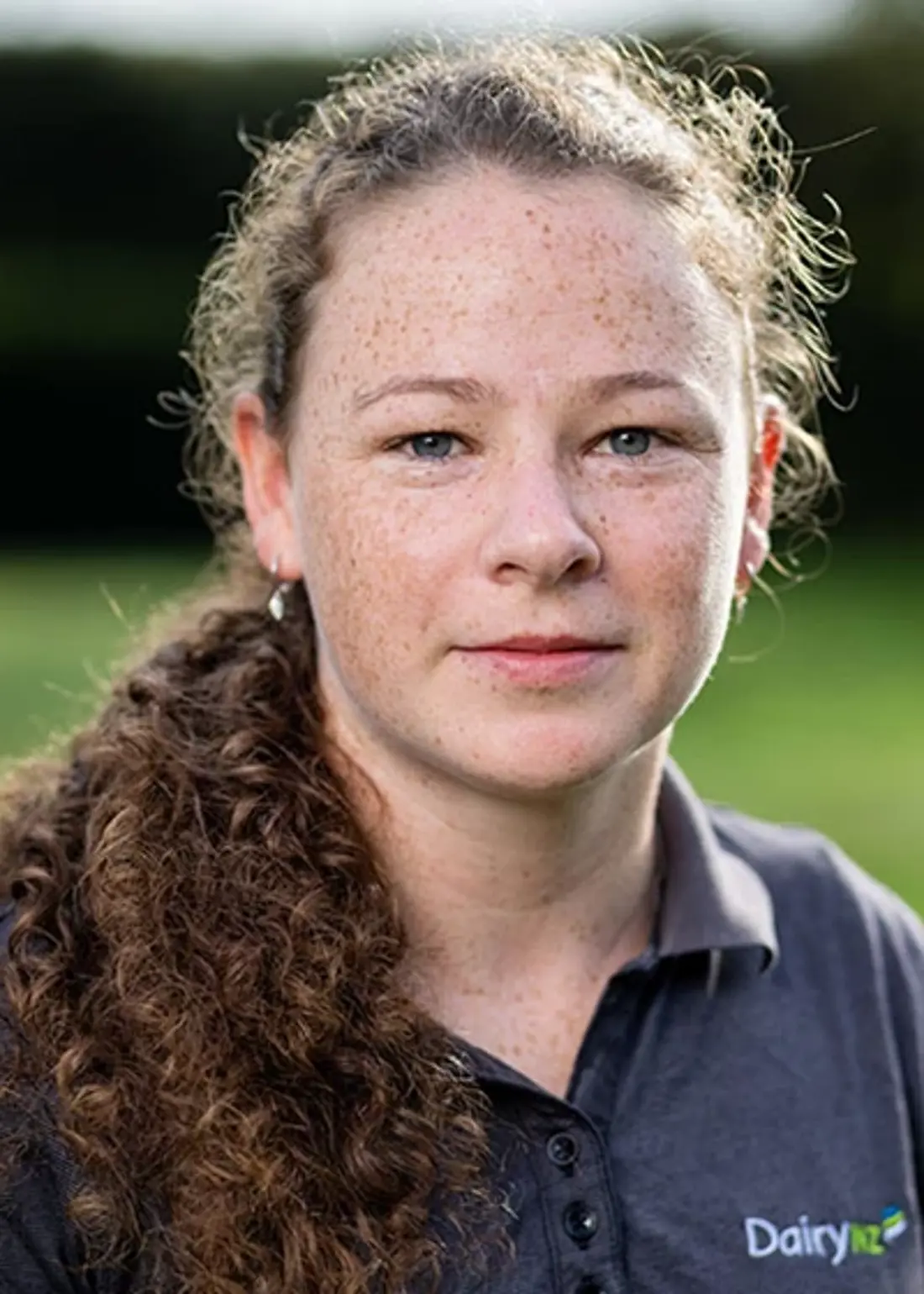Reducing GHG Emissions
3 min read
DairyNZ's Reducing GHG research team is exploring practical solutions to reduce greenhouse gas (GHG) emissions on dairy farms while maintaining or improving productivity and profitability. While some GHG solutions (e.g., feed additives) may work in housed systems, where cows are fed total mixed rations, New Zealand’s pasture-based farms need tailored approaches. We’re investing in research to develop solutions that work here. The team is also focused on ensuring accurate national methane accounting, so farmers' efforts are recognised.
We’re working with other researchers, industry partners and technology companies to develop and test practical solutions for lowering methane on farm, including:
As well as measuring for methane reductions, we study the impact of these solutions on animal health and performance, milk composition and quality, and farm economics. Learn more about how methane and on-farm emissions are produced.
Most of our research happens at DairyNZ’s Lye Farm, where we test solutions on under real pasture diets conditions to ensure solutions are workable, effective and do not negatively impact profitability or productivity. Lye Farm and our other Waikato research farm, Scott Farm, are an important sector resource, enabling scientists to carry out pasture, animal and farm system trials under real-world conditions.
It takes time to complete robust research into new solutions for New Zealand dairy farms, and many options also need regulatory approval.
New Zealand dairy is already among the most emissions-efficient globally. But market and consumer expectations are changing. Reducing emissions helps keep our sector competitive.

Over the past 20 years, potential technologies to reduce methane emissions have emerged around the world. DairyNZ is focused on potential technologies that fit within NZ’s pasture-based systems. There are a lot of moving parts. Take a look at the breakdown below to see what's involved:
Feed additives
Cow diet
Animal
Farm system
Advocacy
Farmers are actively involved in all the projects to provide their thoughts and advice on opportunities or barriers for adoption of these solutions into NZ farm systems. We’re excited about our continued work alongside farmers and other sector and research organisations to develop mitigation solutions for our unique pasture-based farm systems – and to get ahead of the environmental challenges farmers face.
There is no one-size-fits-all solution to methane reduction. That’s why our research team are working with farmers to develop a range of options suited to different farm systems.
Farmers will be able to choose the approach that best fits their goals and system - giving flexibility while supporting environmental progress.

Jane leads the research team of DairyNZ's reducing greenhouse gas emissions programme. She enjoys working with farmers and other stakeholders to provide solutions that help the dairy sector farm into the future.
Read more about Jane
Kirsty is a scientist with expertise in ruminant nutrition and methane emissions, now expanding her focus to include animal welfare and cow comfort, particularly thermal stress mitigation. She brings international research experience and practical farming insight from her own dairy farms.
Read more about Kirsty
Konagh is a scientist working in the Reduced GHG team with expertise in ruminant nutrition, nitrogen excretion, and methane emissions. She combines strong research capability with a passion for delivering real-world solutions for farmers.
Read more about KonaghNow’s the perfect time to check in, plan, and set up for a strong season. We’ve pulled together smart tips and tools to help you stay ahead all winter long.
Whether you prefer to read, listen, or download handy guides, we’ve got you covered with trusted tools to support your journey every step of the way.
Put our proven strategies and seasonal tools to work. Boost production, support animal health and watch your profits hum.
Tools that are backed by science, shaped by farmers and made for this season.
That’s Summer Smarts.
Autumn Smarts brings together the research-backed tools that build resilience and boost performance.